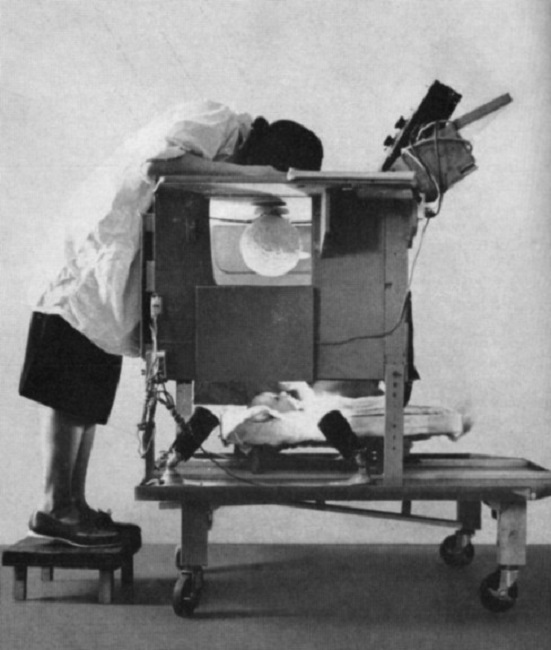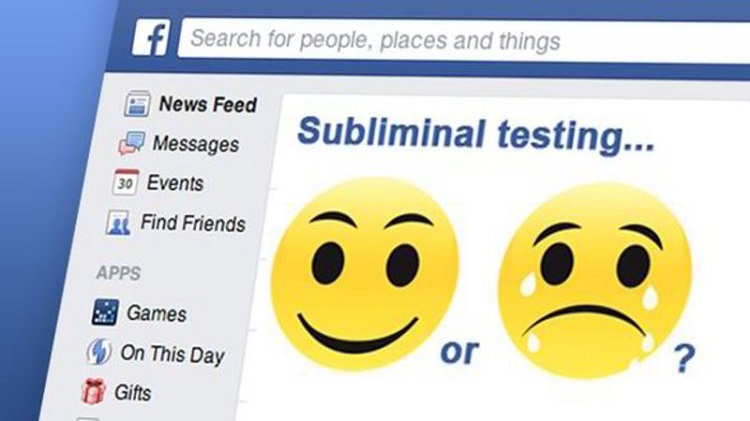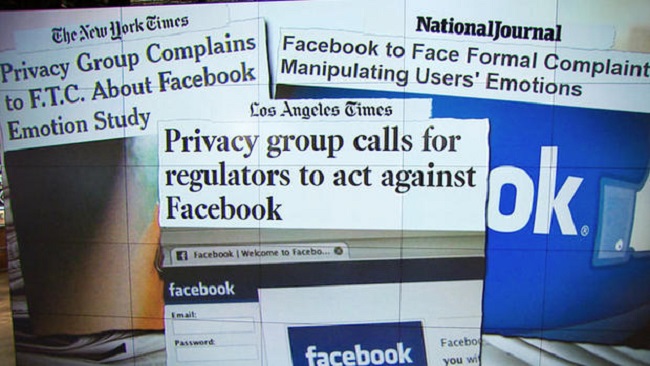6 Fantz’s Looking Chamber
Advertisement
How many of you realize that your baby is actually following your moves? This was a genius experiment conducted by psychologist Robert Fantz who decided to observe a baby’s eye movements. He set up a display board above the baby and attached two pictures to it. One was a bull’s eye and the other was a human face. He then observed the baby from a hole behind the board which was invisible to the baby. You’ll be surprised to know what happened.
He found that his subject, a two-month-old baby looked twice as much at the human face rather than the bullseye. This then suggested that a human baby has powers of pattern and form selection meaning it chose to look at what it related to the most and that was a human face. Previous to this, experts thought that babies just looked at nothing in particular and could only see a chaotic world of random images that made no sense. In fact, it means that your baby knows you are there and looks at you the most because she knows it’s you.

Image Source: www.ars.els-cdn.com
7 The Facebook Experiment
Advertisement
Among all the mind-boggling experiments, this was the most questionable. Did you know that you may have been the subject of a Facebook experiment in 2012? Yes!! Facebook conducted a huge experiment on users without their knowledge. They wanted to prove that they could make users feel happy or sad based on their newsfeeds. Facebook then manipulated the news feeds of 689,003 people for a week and gave priority to either positive or negative emotional content. After that, they tracked the updates that the users posted to see how those newsfeeds impacted their mode of thought which, of course, was revealed in the nature of their updates.
The experiment concluded that Facebook could indeed make users feel happier or sadder through a process called “Emotional Contagion”. It said, “Emotions expressed by friends, via online social networks, influence our own moods, constituting, to our knowledge, the first experimental evidence for massive-scale emotional contagion via social networks.” The subsequent study was also published as a research paper that you can read here.

Image Source: www.memesbot.com
8 Facebook questioned by many of the experiment
Advertisement
The experiment invited mixed response and some experts even questioned the ethics of the experiment but the fact is that it was considered legal because we all sign up for Facebook voluntarily. It also proved how much influence social media exerts on our lives where the big question is, can Facebook be trusted enough to look after your interests or are you opening yourself up to emotional manipulation for the benefit of advertisers?

Image Source: www.cbsistatic.com